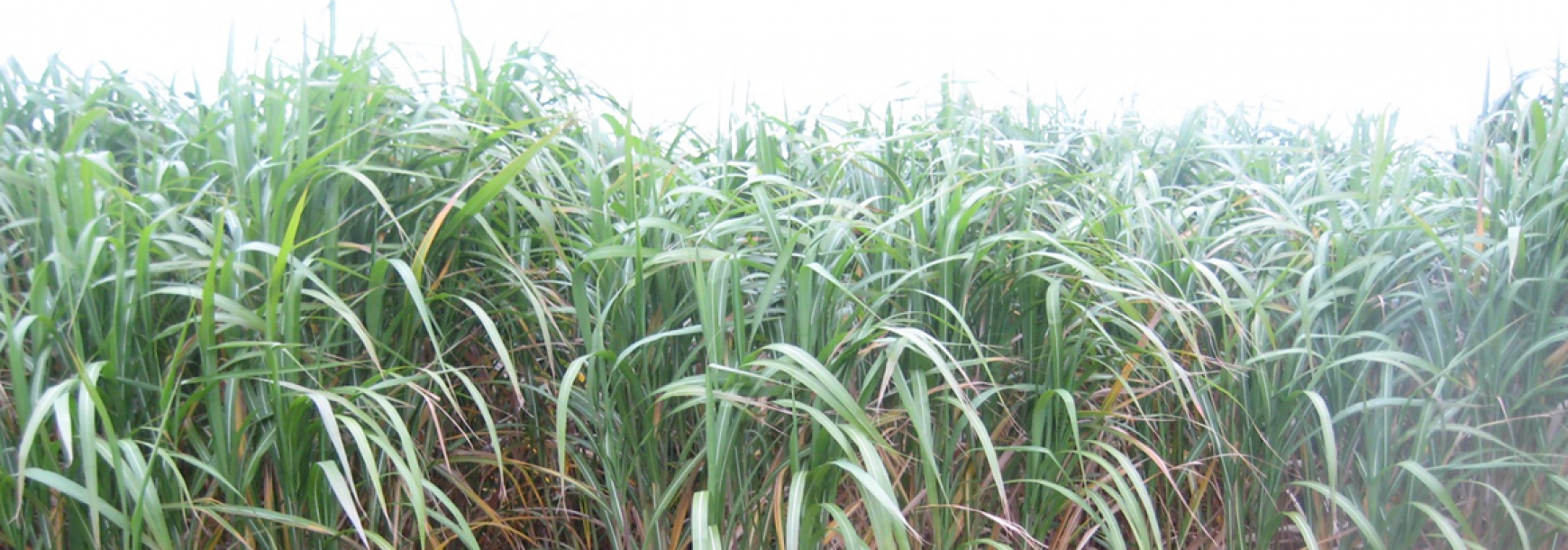The rain finally stopped, and the sunshine made a welcome appearance, just in time for a guided walk around an experimental fields trial site of miscanthus at Hackthorn in Lincolnshire.
Miscanthus Giganteus has been the standard cultivar grown in the UK for some time now. For five years, a multi-organisation collaborative project has been working on producing and trialling many different varieties and cross breeds, in order to come up with varieties that are higher yielding, have better drought resistance and water tolerance. Even from the first year, the project has been testing methods of planting and in-field cultivation to improve establishment and boost yields. The project website can be found here http://www.miscanthusbreeding.org/
Nearly 40 people, from all corners of the world, attended the event to hear from the project partners. Delegates included the universities of Aberystwyth and Aberdeen, NFU, Blankney estates and E.On. During the day, we learned how 10 years of plant development had been carried out in just five and how nearly 8,000 cross breeds have been tested and reported on. Up to 40 different varieties each year made it to commercial trials, with three or four now showing real promise as an alternative to Giganteus.
The results of the project are encouraging. These newer varieties are showing higher biomass yield, whilst improved planting techniques have shown potential to reduce planting cost substantially. This barrier to widespread uptake of miscanthus (as an agricultural energy crop) is further breached by improved establishment, through the use of mulch film to protect the plants and keep the environmental conditions right during the early stages of the plants life.
There are other applications for miscanthus beyond just fuelling biomass boilers, including bedding products for animals and building houses. In fact, the small bales that can be produced are better suited to building houses than straw as they are very dense, and can be easily made to have a uniform surface and size. There were several small bales in the field to sit on at lunchtime…I can report that they are not as comfortable as straw bales though, far too spiky!


